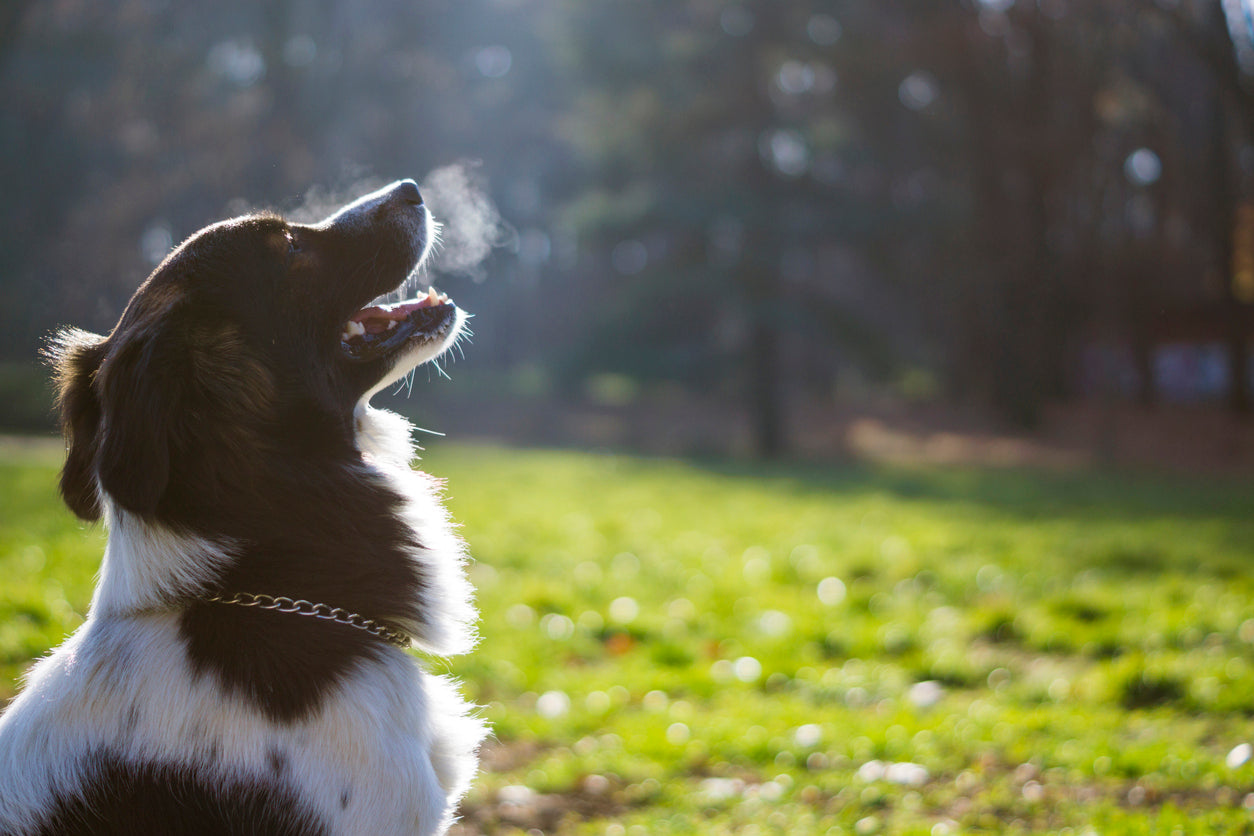Five tips to prepare for bringing home your new dog
Bringing a new dog home is an exciting and rewarding experience, but it's important to be well prepared. Whether you’re looking to get a puppy or adopt a fully grown dog, there’s a few key things to consider to ensure a smooth transition for both you and your furry friend.
Here, we take a look at five essential tips to help you get ready.
1. Gather Essential Supplies
Before your new dog arrives, you’ll need to make sure you have all the necessary supplies to look after them properly. Pet supplies can be expensive, so you need to ensure you are financially stable and prepared to incorporate their care into your budget.
You’ll need:
- Food and water bowls: while plastic options are cheaper, ceramics and metal tend to last longer and are easier to clean at high temperatures to avoid any build-up of bacteria.
- High-quality dog food: You can ask your veterinarian for recommendations based on your dog's breed and age.
- Collar or harness and a lead: Ensure they are the appropriate size and fit comfortably. It’s important to research whether a collar or harness is best for your dog. However, remember that you may need both to secure your dog in the car, if you’re not using a dog guard.
- A cozy bed: A comfortable bed offers your dog a safe space to call their own. Some dogs may enjoy a crate, though you need to use them responsibly and introduce them to your dog at an appropriate pace. Bringing a new dog into your home can be an exciting yet challenging experience, and it’s important to ease them into their new environment gradually. One of the key things to consider is providing your dog with a comfortable and safe space of their own, like a high-quality dog crates from Somerzby.
2. Dog-proof your home
Just like with young children, puppies and dogs require you to make a few adjustments to your home. Remove any items that can be dangerous or tempting for your canine to chew on, such as electrical cords, household chemicals, and small objects. You could also consider using baby gates to block off areas where you don't want your dog to roam freely, especially until they get used to living with you.
It can be a good idea to keep a puppy confined to the kitchen or utility room for the first few days, until they learn to control their bladders – messes can be more easily cleaned up on tiles rather than carpet.
If you have a memorial set up for a previous pet that died, you’ll also want to protect this. Cremation urns made for pets can be robust, but sometimes they aren’t. Keep them up high in the living room if you can, or temporarily place them into storage while you train your pup and gain their trust.
3. Set up a routine
Dogs thrive on routine, so you should establish a consistent schedule for feeding, bathroom breaks, walks, and playtime. This helps your new friend feel secure and adapt more quickly to their new environment.
It’s best not to leave animals on their own for long periods of time, as they need regular attention and care. If possible, take some time off work to settle them into their new home and reinforce their new routine. Once they’re happy, you’ll be able to build up to leaving them for a few hours.
4. Training and socialization
Training and socialization are crucial for your dog's development and behavior. Before bringing your new dog home, be sure to research positive training techniques or consider enrolling in a training class.
Early socialization with other dogs and people will help your dog become well-adjusted and confident, and ensure you can enjoy plenty of adventures together without undue stress or anxiety.
5. Plan for veterinary care
In the first few weeks of having your new dog, you should schedule an appointment with the vet to ensure they’re healthy. Be sure to keep their vaccination records up-to-date and discuss their microchipping and spaying or neutering if not already done. You may want to consider taking out insurance for your dog, as unexpected vet bills can be expensive.
With these tips in mind, you're well on your way to providing a loving and nurturing home for your new companion. All that’s left to do is enjoy the endless joy and love your new dog will bring.



